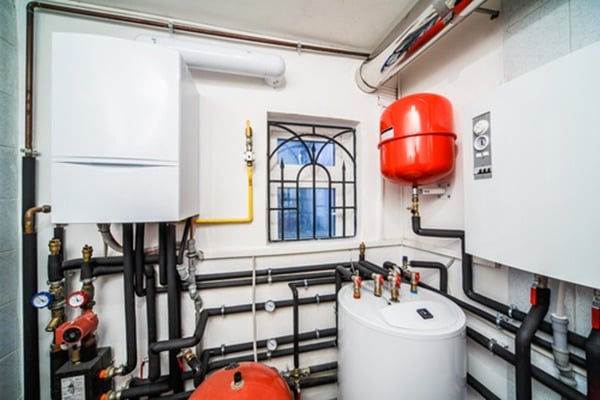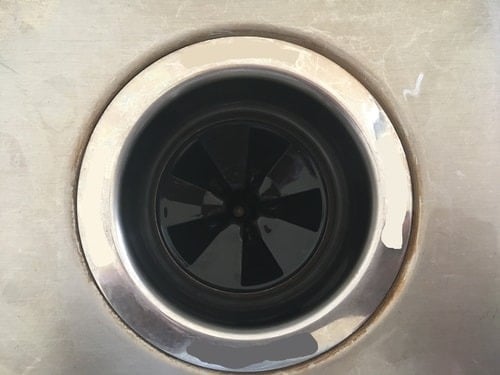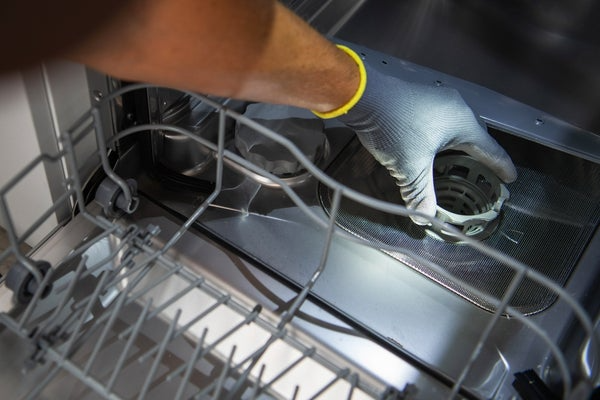
Choosing a Residential Boiler System — Which is Best?

Does your home have a boiler? Do you know which type is best? Learn how different boiler systems affect your heating costs based on fuel and energy efficiency.
Did you know that Energy Star estimates that the average household spends as much as $2,200 on energy bills each year? According to U.S. Environmental Protection Agency (EPA), heating and cooling costs are responsible for half of this expense. While most homeowners in the United States rely on a furnace for their heating needs, some homes still run on boiler systems. If your home runs on a boiler system or you’re thinking of purchasing one, read on to find out which boiler system is best for your household.
Types of Boilers
Boilers use natural gas, propane, oil or electricity to heat water, creating steam that warms your home via any number of delivery devices: radiators, baseboard convectors, radiant floors or fan-forced coils.
Gas-Fired Boilers
Highly efficient, gas-fired boilers are fueled by natural gas or propane. However, natural gas is not available everywhere, and homeowners at the end of a gas pipeline, such as those in the Northeast, may pay higher fuel prices. While propane is typically more expensive than natural gas, it’s available throughout the U.S.
Oil-Fired Boilers
Oil-fired boilers are common in areas where natural gas is not readily available. If you buy an oil-fired boiler, you’ll need to have heating oil regularly delivered to your home. This heating oil must also be stored in tanks until needed. A major downside of oil-fired boilers is that your operating costs are directly tied to the rise and fall of petroleum prices.
Electric Boilers
While electric boilers are highly energy-efficient, they are not often an economical choice, as electricity typically costs more than other types of fuel.
When deciding what boiler is best your home, consider the following factors: the boiler's size, venting requirements and energy efficiency.
Size
Want to save on heating costs? Then your boiler must be an appropriate size for your home. A boiler that’s too small won't be able to produce enough heat, and one that is too large will waste energy. Boiler capacity is measured in BTUs, which stands for British Thermal Units. To estimate BTU requirements for your home's interior spaces, use the following baselines for your calculations:
- In cold climates, budget 50 BTU per square foot.
- In moderate climates, budget 35 BTU per square.
- In warm and hot climates, budget 20 BTU per square foot.
Venting
Residential boilers must be vented. If you have chimney access in a closed-in area of your home, you can locate your boiler there. However, if the boiler requires its own forced-air venting system, you will need to locate it in an open area of your home so it can gather air for venting purposes.
Successfully increased your home's value?
Sounds like a perfect time to find the warranty that fits you best.
Energy Efficiency
An EnergyStar rating on your boiler means it meets strict energy-efficiency guidelines set by the EPA. It also indicates that the unit is an energy-efficient boiler, therefore saving you money. Look for an oil boiler that has at least an 80 percent rating or a gas boiler that runs at 89 to 98 percent efficiency. Boilers that use electricity normally run at 100 percent efficiency because they lose no energy to venting. Electric boilers are an especially attractive option if you live in a region where electricity costs are low.
What is a High-Efficiency Boiler?
In a standard boiler, some of the heat required to boil water and produce steam is lost as the fuel is burned and converted to energy. Modern, high-efficiency boilers have been designed to trap any escaping heat and direct it back into the boiler system itself.
Why is a High-Efficiency Rating Important?
Low-efficiency boilers tend to experience high levels of heat loss, requiring more fuel to do the work of an efficient system. Most boilers that are over 10 years old have efficiency ratings of just 50 to 70 percent. That means between 30 and 50 percent of the fuel used to heat your house is wasted. Besides saving on fuel costs, a high-efficiency boiler is also more environmentally friendly because it uses less fuel and creates less pollution.
High-Efficiency vs. Standard-Efficiency
The Federal Trade Commission requires that new boilers display their Annual Fuel Utilization Efficiency (AFUE) rating so that consumers can adequately compare units. These boiler ratings are:
- Old, low-efficiency boilers are rated between 56 and 70 percent AFUE.
- New, minimum-efficiency standard boilers are rated at approximately 78 percent AFUE.
- New, mid-efficiency boilers are rated between 80 and 83 percent AFUE.
- New, high-efficiency boilers are rated between 90 and 98 percent AFUE.
If your heating system is more than 10 years old, upgrading to a newer model will likely result in substantial savings. However you choose to keep your home warm and cozy, you'll also want to protect the investment you've made in your heating system. That means taking good care of your system and its key components. To further minimize the costs associated with the maintenance and repair of your home's boiler system, consider purchasing an American Home Shield® Heating Home Warranty. Our flexible plans can help you protect your home as well as your household budget.
Related: 5 Alternative Ways To Heat Your Home
Sources:
http://www.usboiler.net/choosing-the-right-boiler.html
https://www.homebuilding.co.uk/the-guide-to-choosing-a-new-boiler/
https://www.bobvila.com/articles/how-to-choose-a-new-boiler/
AHS assumes no responsibility, and specifically disclaims all liability, for your use of any and all information contained herein.
Related Reading
Don't worry. Be warranty.
Have a plan for your home when things don't go according to plan
Shop Home Warranties

